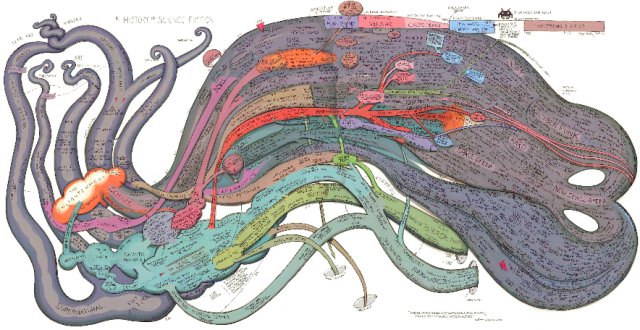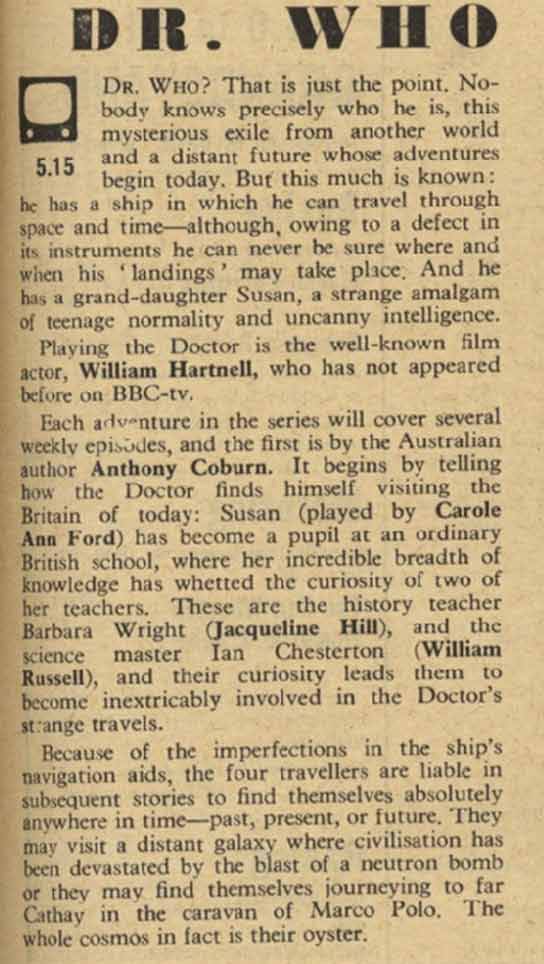Charles Stross is the author of many fine books, but it was Halting State that many gamers would know him from. At the time the book was published, he wrote an article for GuildCafe on the future from a gamers viewpoint. The original article disappeared, so he’s reposted it on his blog:
I’ve been asked by our hosts to take a stab at identifying how online games will affect our culture over the next couple of decades. That’s an interesting target because it covers a bunch of time scales. So I’m going to look at where we stand today, and where we might go at various stages along that 25 year time-line.
That’s a tall order; technology doesn’t stand still, and it’s no good trying to guess where the gaming field is going without knowing where the tech base is taking us. So we need to look at where we are and where we’ve come from in order to plot a course ahead.
[. . .]
The first symptom is that Reuters pay Warren Ellis or some other cutting-edge cyber-celebrity to move into SL. (And, whaddaya know, if they did the job right, they picked someone who actually knows what they’re talking about.) Warren drinks their retainer or injects it into his eyeball or something, then dashes off some febrile prose which gets syndicated. Heads turn at AP and UPI: “why don’t *we* have someone covering this Whizzumajig? We’re falling behind! Hire Hunter Thompson!”
At the same time, some random gamers in places like the Swedish Foreign Ministry or the French Nazi Party decide they can get some free publicity by staking out some territory and figuratively mooning the straights. Exploding pigs, flying lutefisk, and other whackiness ensues.
And then the tidal wave of mass media awareness arrives, complete with the usual foaming mess of sewage, uprooted trees, and general crap turned out by the tabloid press and cheap news channels as they try to spew one lurid scenario after another through the playground. “It encourages pedophiles! Or terrorists! Kids get into Whizzumajig and fail their college exams! Users get hair in their palms and go blind! Ban Whizzumajigs now, before it steals our precious bodily fluid!”








